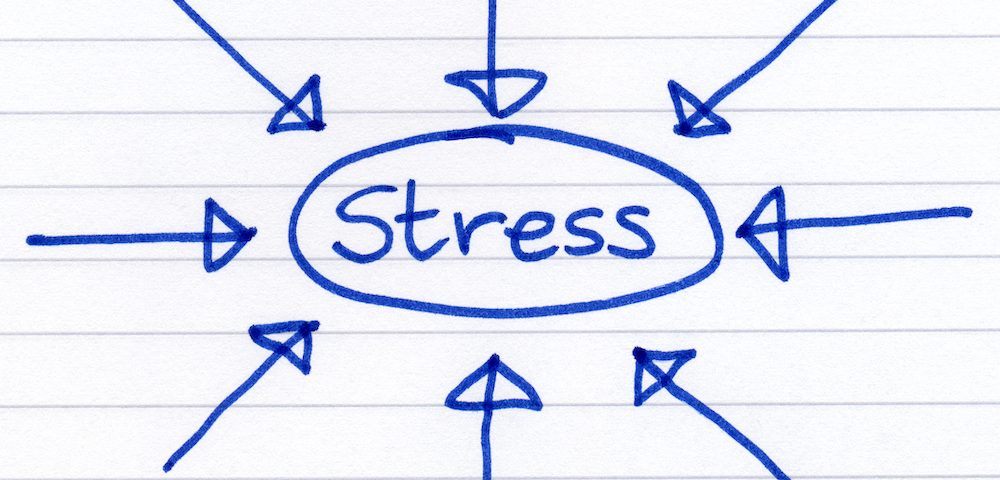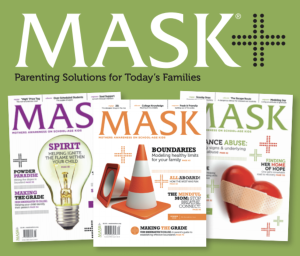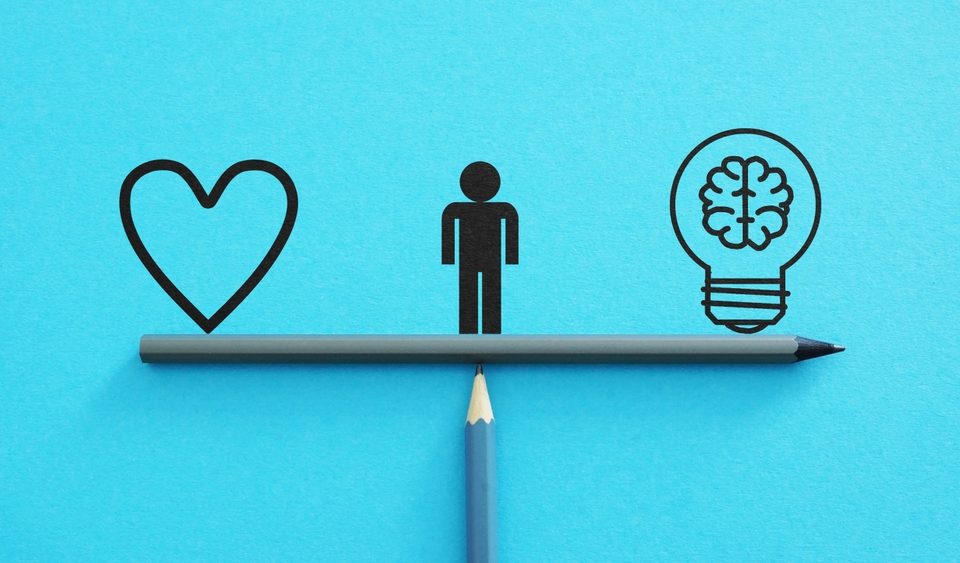
Clean Break
January 14, 2021
The Health Benefits of Saying Sorry
January 16, 2021
The image of reckless teens may be glorified on social media, TV and in films, but in real life, teens’ impulsive behavior isn’t funny or glamorous. According to the Centers for Disease Control, the leading cause of death among adolescents is motor vehicle crashes. In 2017, 2,364 teens in the U.S. aged 16 to 19 were killed, and about 300,000 were treated for injuries suffered in car crashes. Those accidents are frequently related to other risk-taking behaviors like alcohol and drug use.
Why do so many teens take risks, despite billions spent on prevention campaigns? What role does stress play?
A growing body of research points to brain development during the teen and young adult years. A part of the brain called the frontal cortex, which helps us use logic and think before we act, is not fully developed in teens. However, the part of the brain which produces immediate reactions such as fear and aggression, known as the amygdala, is fully developed long before the frontal cortex. This means that teens’ actions are influenced more by the emotional amygdala and less by the logical frontal cortex. Full development of the frontal cortex may take as long as up to age 25.
As a result of the imbalance between the influences of the frontal cortex and the amygdala, teens may have reactions to stress that can be impulsive, illogical, risky or aggressive. They may engage in drug or alcohol use to cope, or become anxious and withdrawn. Lack of sleep can make teens more reactive and irritable.
Even without stress, the imbalance in brain development can lead to thrill–seeking behavior, as it is more difficult for teens to anticipate the consequences of their actions. Changing their own behavior can be difficult, even after experiencing a bad outcome. Teens’ brains are sensitive to the rewards of peer relationships, so their decisions and behaviors are often influenced by peers, for better or for worse.
 What are possible sources of stress?
What are possible sources of stress?
Schoolwork
Bullying
Low self–esteem
Dissatisfaction with their appearance
Feeling left out or inferior on social media
Problems with friends, other students or romantic interests
Problems in the relationship with a parent; conflict, poor communication
Family conflict or divorce
Overly high expectations — of self, or by family or teachers
Death of a family member or friend
Moving or changing schools
Being overscheduled with activities
A history of abuse
 How can parents help with stress?
How can parents help with stress?
Be a support to your teen. Ask them about their feelings and listen without judging or overreacting.
Manage your expectations of your teen. Don’t set expectations too high.
Focus on your teen’s strengths – praise and support them in their achievements.
Monitor your teen’s stress level and its impact on behavior, sleep and emotions.
Structure the family schedule to allow for your teen to get a full night’s sleep.
Help your teen problem–solve ways to reduce stressors.
Learn coping skills yourself, and let your teen see you using them.
Support your teen’s involvement in balanced activities.
Seek the help of a mental health professional if your teen remains distressed or is not functioning well.
 What can teens do about stress?
What can teens do about stress?
Make sleep a priority. Put away cell phones and stay off social media and video games at night. Avoid too much caffeine.
Exercise and eat a balanced diet. Don’t skip meals.
Learn activities and techniques that help with relaxation; muscle relaxation, breathing exercises, meditation, mindfulness, yoga.
Learn coping and problem-solving skills.
Try to replace negative thoughts about yourself or the future with hopeful or positive thoughts. Remember that bad situations do get better with time or with help.
Find adults who you can trust to help you.
Be kind to yourself. Don’t try to be perfect or overload yourself with activities or responsibilities.
Don’t compare yourself to others.
Focus on friends who positively support you and each other.
Avoid illegal drugs, cannabis, alcohol and tobacco.
Allow yourself to take calming breaks from stressful situations. Activities such as listening to music, drawing, or journaling may help.
Seek the help of a mental health professional if you continue to feel overwhelmed or anxious.
By // Dr. Shayne Tomisato
MASK the Parenting Magazine a quarterly publication providing solutions for Today’s Families.
The parenting manual offering solutions to the modern-day challenges families face. From Pre-K
through College stay up to date on the modern day issues families face.
Are you up to date on the issues your child is facing?
MASK Mothers Awareness on School-age Kids offers parenting solutions for today’s families. MASK tackles important topics – from drugs and alcohol to bullying and Internet safety -and gives students, parents and the community the knowledge and tools to manage these potential challenges.
Subscribe today! https://www.tools4teaching.com/product/mask-the-magazine/
Download and share the MASKmatters app now! Made for children, parents, teachers and in Spanish.
Have solutions at your fingertips
Available free on apple and google play links below
Apple https://apps.apple.com/us/app/maskmatters/id1482305692
Google Play
https://play.google.com/store/apps/details?id=com.maskmatters.maskmattersapp&hl=en_US&gl=US




